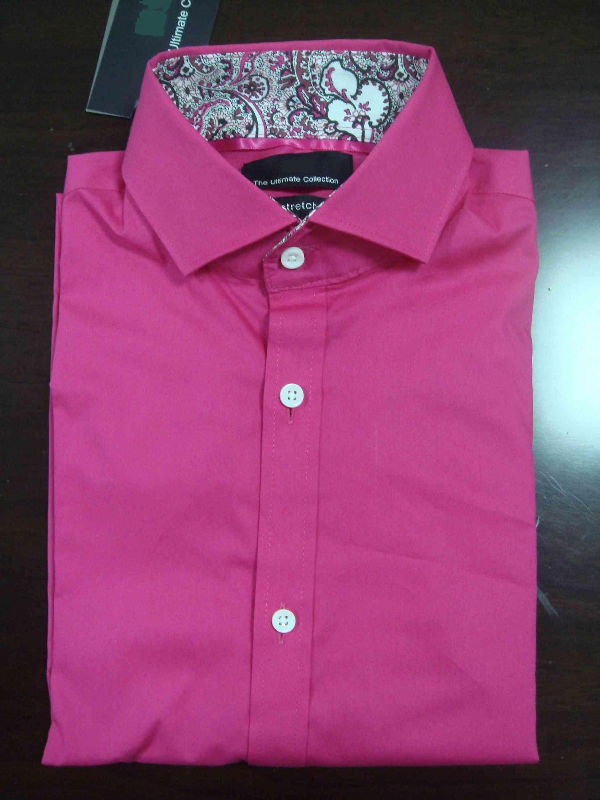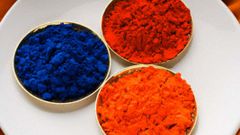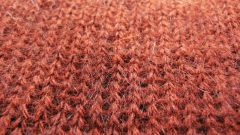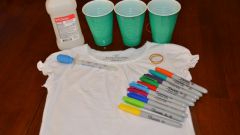You will need
- - enameled or galvanized utensils (bucket),
- - aniline,
- washing powder,
- - stain remover
- - salt,
- - vinegar.
Instruction
1
Prepare the shirt for painting, it is necessary to turn out and check all pockets to unpick brand labels, buttons, buckles, metal zippers. If it is dual layer, it is possible for the convenience of colouring to rip the lining seam from the bottom of the product to the inside was not going to the air and the shirt does not pop up. Before painting you need to wash the shirt at 30-40 degrees. Note the spot — they need to be deleted, especially fat. Do not use the spin cycle in the washing machine and press slightly the thing with his hands. Wet the fibers more evenly saturated with paint. If the shirt color is very bright, you can boil the product with the use of Parsoli for partial bleaching.
2
For dyeing at home, you can take an enamel or galvanized utensils large volume without chipping and defects. Capacity should be 30 times the weight of the dry shirt. Beginners are recommended to use aniline dyes for fabrics, which are suitable for all types of fibers. The dye need to fill in cheesecloth and diluted in 200-300 g, heated up to 75 degree water. Then refill to full capacity volume of water. Down to the dishes in poluraspredelenia and bring the solution to boil. Fifteen to twenty minutes boiling in it, pour table salt in the amount of two to five tablespoons to enhance the color. The lighter the tone, the less salt you need and Vice-versa. The maximum number required for the color black. The product must constantly move in tableware wooden tongs or a stick. Further boiling produced within half an hour.
3
After the water has cooled, you can remove the shirt and rinse in several waters. First time – in a warm, then cool. When rinsing a shirt made of natural silk for the last time in the water, it is desirable to add a bit of vinegar to fix the color. Drying colored thing better just by hanging it on a hanger, to avoid the formation of spots and streaks.
Note
Convenient for staining enamel, porcelain or pottery. Copper cookware is not applicable.
Useful advice
During dyeing, make sure that the color turned out smooth, without spots. In solution should not be lumps, matter should not form folds.




